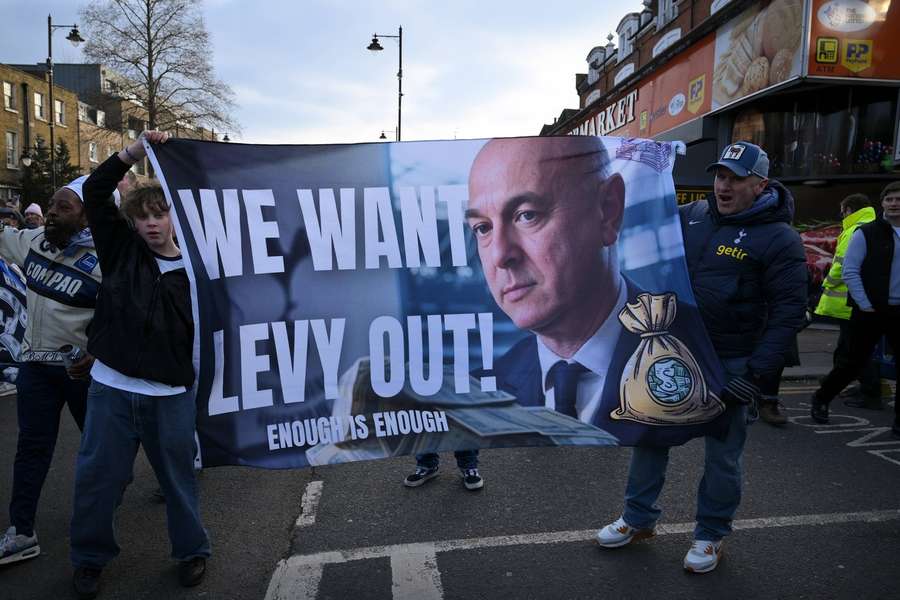For the year ending June 2024, Spurs' total revenue decreased by 4% from £549.6M in the previous 12 months to £528.2M. Spurs played just 41 matches last season after failing to qualify for Europe in 2022-23 and played nine fewer matches at home last term compared to the previous campaign.
Commercial revenues and other income from sponsorship and attractions, however, increased to £255.2m (2023: £227.7m), while TV and media income was also up to £165.9m (up from £148.1m in 2023). With such a mixed financial forecast, Levy has issued a statement on how the club must spend going forward.
“Since opening our new stadium in April 2019, we have invested over £700 million net in player acquisitions," read Levy's statement. "Recruitment remains a key focus, and we must ensure that we make smart purchases within our financial means.
"I often read calls for us to spend more, given that we are ranked as the ninth richest club in the world.
"However, a closer examination of today’s financial figures reveals that such spending must be sustainable in the long term and within our operating revenues. Our capacity to generate recurring revenues determines our spending power.
"We cannot spend what we do not have, and we will not compromise the financial stability of this club – indeed, our off-pitch revenues have significantly supplemented the lower football revenues this year, a testament to our diversified income strategy.”
Ahead of the summer transfer window fans will be worried that investment will be limited into a side who currently sit 14th in the Premier League. Sustainability is key to a successful business but allowing a squad to stagnate and continue to underperform could hurt the club more than ever.
